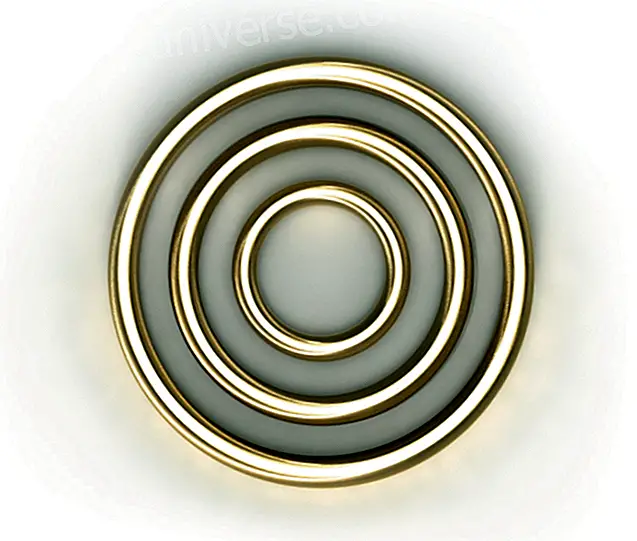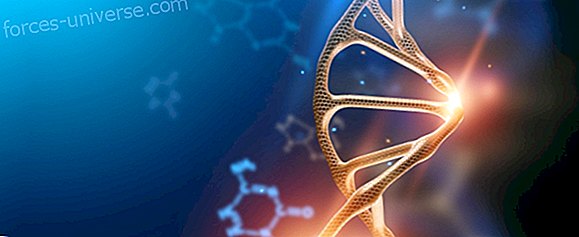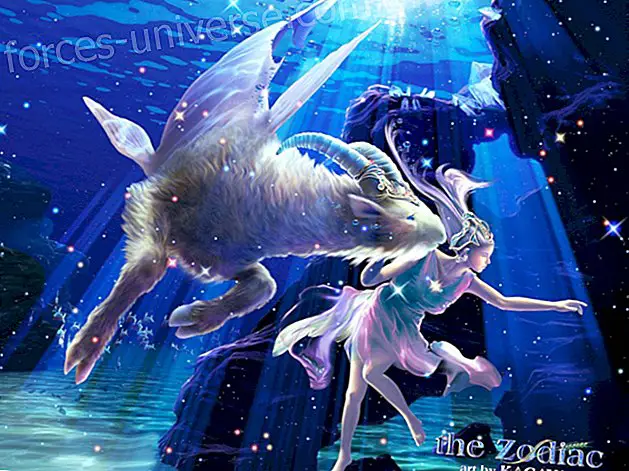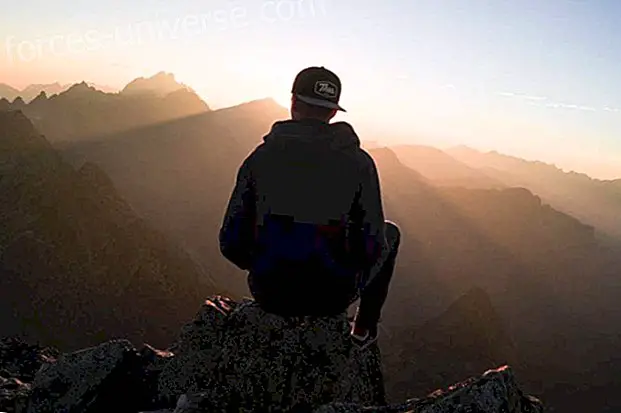 Pim Van Lommel, cardiologist, investigates experiences after death (EDM).
Pim Van Lommel, cardiologist, investigates experiences after death (EDM).
To mature is to release the consciousness of age: I have treated young people with experiences after death more mature than me. My father was a neurologist and I wanted to be a physicist: now I am studying quantum physics to understand what happens after death. Faith is another way to the truth.
To accept
Science ignores or denies how much it cannot explain, but that does not mean that it does not exist. The life of Dr. Van Lommel is a commitment to the truth, however inexplicable it may seem, beyond the beaten path of orthodoxy. Ten years have passed since we talked, but as he shook his hand at the Amsterdam airport (he comes from conferencing in Atlanta) he smiles at me like an old friend and I experience an intimate sense of peace and security. Dr. Van Lommel has appeared on the other side without leaving common sense and what he has seen is good, although, to dominate us, they have instilled in us the fear of seeing him. Accepting it is accepting us and feeling better.
When I was teaching Cardiology at the Arnheim hospital - 800 beds - I was already investigating how some patients, after heart attack and clinical death, returned to live.
...
Until in 1986 I read the testimony of a medical student, George Ritchie, who was resurrected after nine minutes of clinical death. I was so impressed that I began to study these cases in depth.
How many were there?
In 1988 I already had twelve unquestionable episodes and created a research network with ten other Dutch hospitals. We started a prospective clinical study of 344 patients, which was published by The Lancet (2001).
It caused a worldwide impact.
So much that I already advanced then, when you interviewed me, that, after 31 years of cardiology, I was going to dedicate myself exclusively to near-death experiences (EDM).
What have we learned since 2001?
We have more questions, besides the classic one: if consciousness is a mere product of the brain, how can it survive and explain the experience of death?
What does medical orthodoxy say?
That these are mere hallucinations caused by anoxia (lack of oxygen).
And what does your research tell you?
If anoxia was the cause, everyone who comes back to life after death would have EDM, because everyone suffers from it, but instead, only 18% have those experiences.
What do they explain about them?
They agree to talk about memories, cognition and emotions and maintain identity, a crucial point, because the ego is the link between consciousness and the body.
Lights, voices, your life in an instant ...?
They have been experienced by thousands of people, but not everyone explains them for fear of being labeled lunatics or because they believe they are caused by medication or illness.
Does everyone experience the same?
Not everyone experiences everything, but everyone cites some recurring experiences that coincide in a space-time crossing.
What do you mean?
It is the review of the past life, but also the future and present: some, on returning, anticipate events and reinterpret the past ones, so they usually change partners, work, existence, because they have contemplated their life together during their EDM
How are those visions?
Ineffable, language often lacks terms to explain them. A three-minute EDM may require weeks of testimony in which a single episode is not repeated. Time, as I said, passes in a unique way in synthesis with space and a constellation of relatives and affections.
For example.
A patient refers to how in his EDM he had seen an unknown man smiling at him. Ten years later, his dying mother revealed that he was the son of an extramarital relationship and showed him a photograph of his biological father, killed in a concentration camp: he was that smiling man.
How do you know that those clinically dead patients are still conscious?
Hundreds of cases prove it. In Consciousness beyond life, I explain that of a 43-year-old man who arrived cyanotic, cold, without tension and with dilated pupils. The nurse removed her dentures and placed her in a drawer. He rose inexplicably after a long coma and asked about his teeth.
If you are alive, they are very useful.
When he saw her, he recognized the nurse and asked him to return them. She called us alarmed and then the patient told us in detail what we had said and done when he arrived dead at the hospital emergency room.
And what do you think?
Our conscience is nothing more than a relay for this dimension of our being in several. It's like a radio that, while living here, tunes in with this universe. Our death is only a change of consciousness, a transition. We only die in one dimension to pass to others.
Is it a religious conviction?
It is quantum physics. I am not a believer. Many religions have approached that reality with techniques of passage between these dimensions, such as meditation or mysticism.
How do you know?
Because I study cases - dozens consult me every day - and the experiences are recurrent and concurrent: they converge time - past, present and future: they have visions - and space in a sense of unity.
...
And those testimonies of each day coincide with the stories of mysticism and the visions of prophets, gurus and saints for centuries.
Everything is connected?
See the light (children tell me that an angel; atheists speak of "one energy" and believers, of God). Everyone refers to the same and they feel integrated in it.
Why does science ignore it?
Until now, quantum mechanics shows that light consists of particles that are waves at the same time - I think our consciousness relays them - depending on the state of the observer.
The experience of the objective, in the end, depends on your subjective state.
So, from millenarian gurus to quantum physicists, when you assume your transition without fear you experience an anticipation of that feeling of fullness.
Source: lavanguardia.com
"When you die you only change consciousness" Pim Van Lommel, cardiologist






